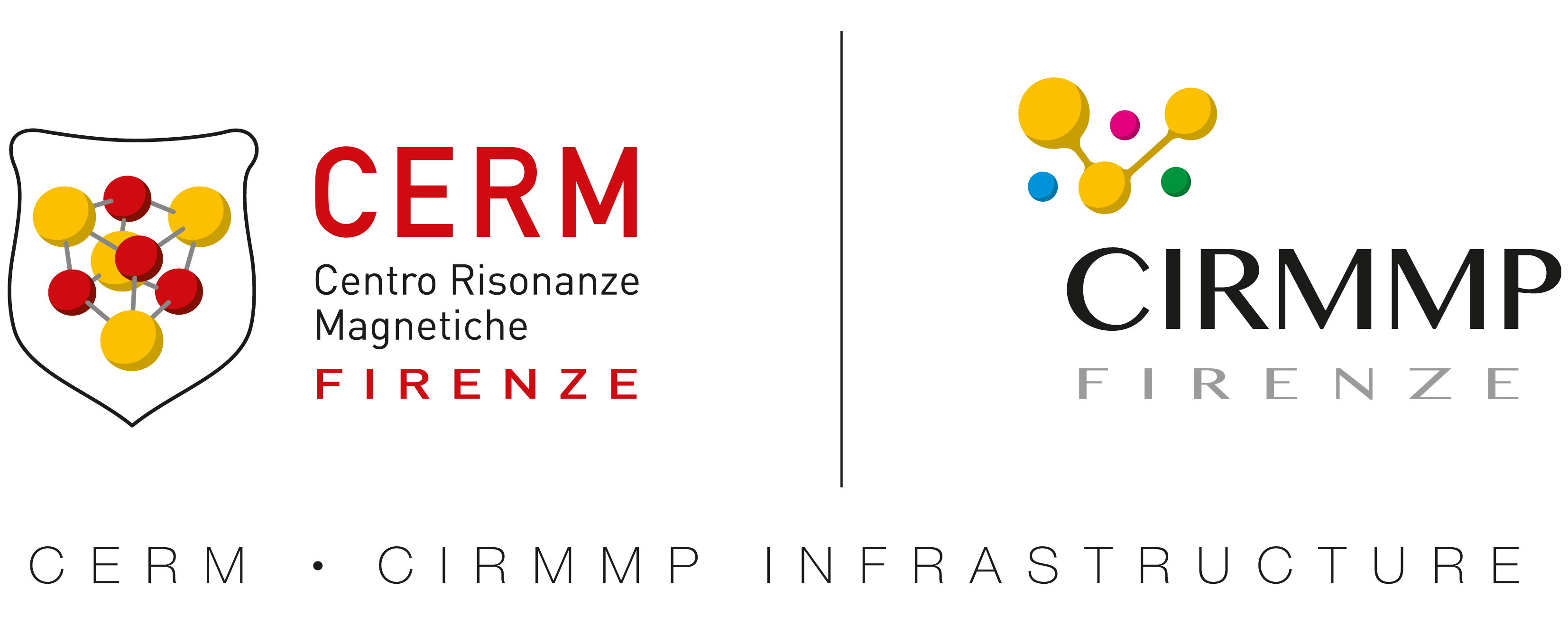HIGH SENSITIVITY FAST FIELD-CYCLING NMR
Coordinator: Prof. Claudio Luchinat
Contract number: HPRI-CT-2001-50028
Duration: 48 months.
Partners:
Magnetic Resonance Center (PARABIO), Florence, IT
Dept. NMR Spectroscopy, Bijvoet Center for Biomolecular Research, Utrecht, NL
Institute of Biophysical Chemistry, J.W.Goethe Univesität Frankfurt (UNIFRANMR), Frankfurt, D
Stelar s.r.l, Mede, Pavia, IT
PROJECT OVERVIEW
The objective is to build a prototype instrument that allows to measure NMR signals from samples containing diluted (or low-sensitivity) spin systems that have been exposed for variable times to magnetic field ranging from the earth's field to approximately 1 T.
This instrument will measure spectral density functions for biological macromolecules or macromolecular aggregates such as tissues. Spectral densities contain information on the dynamics and mobility of the systems, which in turn are related to their function. To achieve this goal it is necessary to develop 1) a field-cycling magnet capable of strongly polarize nuclear spins and 2) high sensitivity detection systems. The system will allow, for instance, to measure directly spectral densities from all nuclei of protein or nucleic acid samples, and possibly from selected nuclei by exploiting selective enrichment and double irradiation capabilities.
Nuclear properties that contain dynamic information, like relaxation or Overhauser effects, depend on the spectral densities as a function of field. However, the interesting part of the function is often at very low magnetic field, where direct NMR experiments cannot be performed due to low sensitivity. The field cycling technique has been shown to be able to provide low field data, but the sensitivity limitations up to now have made this technique only suitable (with few exceptions) for solvent protons. This is a severe limitation, as information on the spectral densities of solute molecules can only be obtained indirectly through some kind of solvent-solute interaction, and often the parameters governing this interaction influence the results themselves. The objective of this RTD project is to provide a breakthrough in the field-cycling technique by increasing its sensitivity to the point where solute nuclei become directly accessible.
PARTNERSHIP
The participants include three Large-scale Facilities of the EU in the area of life sciences, PARABIO in Florence, SONNMRLSF in Utrecht and UNIFRANMR in Frankfurt. The fourth participant, Stelar, is the manufacturer producing the only magnet commercially available for field cycling relaxometry. The hardware work will be mainly carried out at the industrial partner site. The three facilities will then carry out the bulk of the testing and validation work (mainly Florence and Utrecht) and preparation of enriched samples (mainly Frankfurt). The three facilities will also closely co-operate with Stelar in software development.
IMPACT ON EUROPE'S LARGE-SCALE FACILITIES
The development of a relaxometer with increased sensitivity makes possible the acquisition of Nuclear Magnetic Relaxation Dispersion profiles in water solution with a percentually small amount of water protons. Such measurements, with increasing the rotational correlation time of molecules, can provide important information on the electron relaxation time of the paramagnetic center. The signals originated by protein protons in deuterated water samples could also be acquired and thus the relaxation times of the protein protons ensemble could be obtained, allowing for the first time to have a NMRD profile from very low to very high magnetic fields. The instruments will also permit to better understand the results of in vivo MRI measurements, by analyzing the spectral density function of tissues obtained with in vitro measurements. Relaxometric studies are in fact of paramount importance in developing novel contrast agents and in characterizing and exploiting the physical properties of tissues.
KEY FACTS
COORDINATOR
1. Prof. Claudio Luchinat
Magnetic Resonance Center (CERM)
University of Florence
via L. Sacconi, 6
50019 Sesto Fiorentino, Florence
Italy
Tel: +39 055 4574262
Fax: +39 055 4574253
E-mail: This email address is being protected from spambots. You need JavaScript enabled to view it.
OTHER PARTICIPANTS
2. Dr. Marius De Bie, Utrecht University (NL)
3. Prof. Heinz Rüterjans, Johann Wolfgang Goethe Universität, Frankfurt (DE)
4. Dr. Gianni Ferrante, Stelar s.r.l., Mede (IT)
